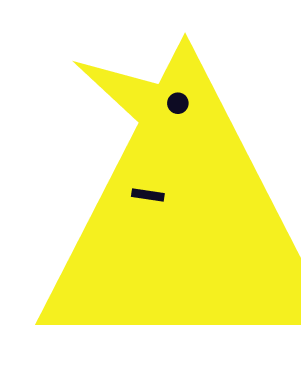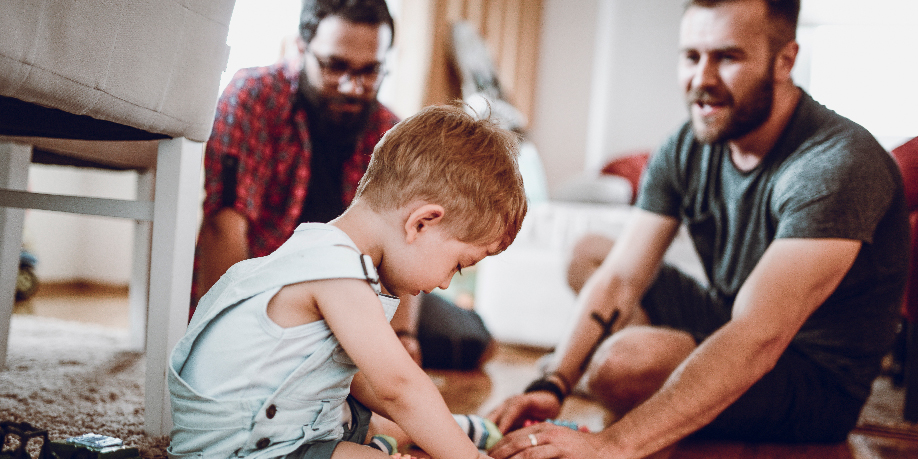7-11 years
This is a guide to how children typically develop their talking and understanding of words between 7 and 11 years.

Children develop skills at different rates, but by 11 years, usually children will:
- Use sentences to link their ideas together, make predictions and draw conclusions.
- Use sentences that normally have between 8 and 10 words (although often their sentences can be much longer).
- Can make up a complicated story including lots of information about the characters and what happened.
- Can talk using more advanced words, such as ‘massive’, ‘enormous’ or ‘huge’ instead of ‘big’.
- Understand other points of view and show that they agree or disagree.
- Keep a conversation going by giving reasons and explaining choices.
- Start conversations with adults and children they don’t know.
- Understand long requests with lots of information in them. For example, ‘Please find the stripey bag at the back of the PE cupboard and put it in the big box in the cloakroom’.
- Talk clearly so that everyone can understand them all the time.
- Talk quite smoothly and don’t repeat the first sound in words or get stuck trying to get a word out.
Support children aged 7-11 years with their talking and understanding of words

Things to look out for
Some children struggle with learning to talk and understand words. Look out for:
- Children who struggle to join in group conversations. This may be because they can’t keep up with the pace of the conversation or because they are unsure how to join in.
- Children who find it hard to make up stories.
- Children whose stories can be muddled, making them difficult to follow.
- Children who find it hard to learn and understand the meanings of words.
- Children who struggle to understand conversations about more complicated topics, especially about things in the past or future.
- Children who find it hard to predict what might happen next (for example, in a story).
- Children who struggle to learn at school. They could find it hard to understand what it is they are supposed to be doing, even though they have been told.
If you notice any of these things, have a closer look at the child’s speech, language and communication skills using one of our free tools:
Follow the process in your setting/workplace for raising concerns. This should include discussing your concerns with the child’s family and your SENCo. Statutory guidance is outlined in the SEND Code of Practice (2015).
Further support
For tips on how you can support children aged 7-11 years’ communication skills, have a look at some of our educator resources:

